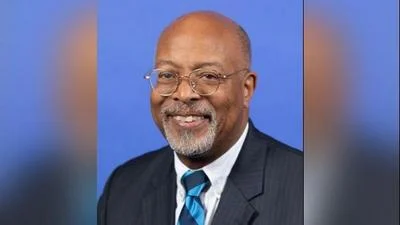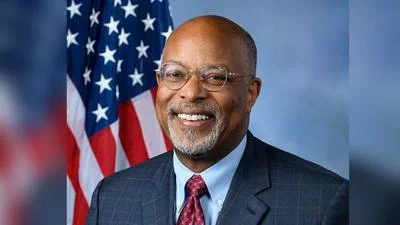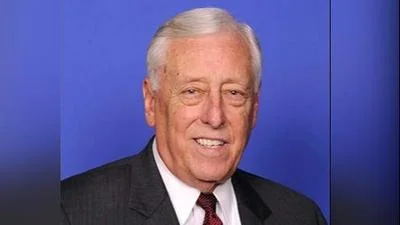A Maryland dairy farmer is fighting the FDA over what qualifies as skim milk.
A Maryland dairy farmer is fighting the FDA over what qualifies as skim milk.
Skim milk is not a rare item, right? You can find it in stores across the country. Yet farmers who want to sell pure skim milk may have issues with the Food and Drug Administration (FDA).
That’s a lesson that a farmer who wants to sell 100 percent pure skim milk from his creamery – South Mountain Creamery – in Middletown, Maryland, is learning. Randy Sowers is fighting the FDA for the right to do so because his product - 100 percent pure milk with the fat skimmed off the top – would have to be labeled “imitation skim milk” or “imitation milk product” even though that it is actually cow’s milk with no added ingredients, just cream skimmed off the top.
According to the FDA definition, skim milk has three ingredients: pure skim milk, and two additives that are not found pure skim milk.
The Institute for Justice is representing Sowers in his fight against the FDA, and his case is not the first that touches on this topic. In Florida, a creamery took the Florida Department of Agriculture to court after the department tried to keep the creamery from labeling their product as skim milk – and the 11th Circuit Court of Appeals overturned the Florida law.
Sowers also won a battle against the federal government in 2016 after federal agents seized his money after making deposits under $10,000 to avoid an IRS report by the bank. Sowers told the Washington Post that he had been following the advice of a teller who told him it would be easier for everyone if they kept deposits under the $10,000 figure that triggers IRS reporting. He did not know he was breaking the law.
In 2012 federal agents went to Sowers’ home and notified him that they seized all of the money in his bank account, and he made a deal that allowed the government to take 10 percent of the $295,220 that Sowers was accused of structuring. In 2015 the government decided to only go after structured assets that came from criminal activity. And in 2016 Sowers and his attorney learned that their petition to get the $29,000 back was approved.






 Alerts Sign-up
Alerts Sign-up